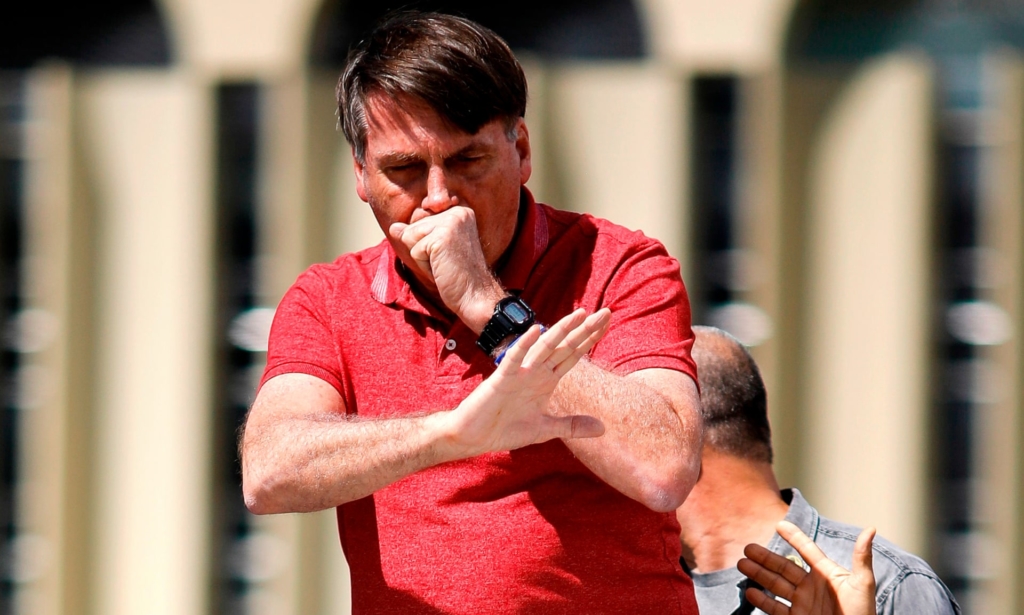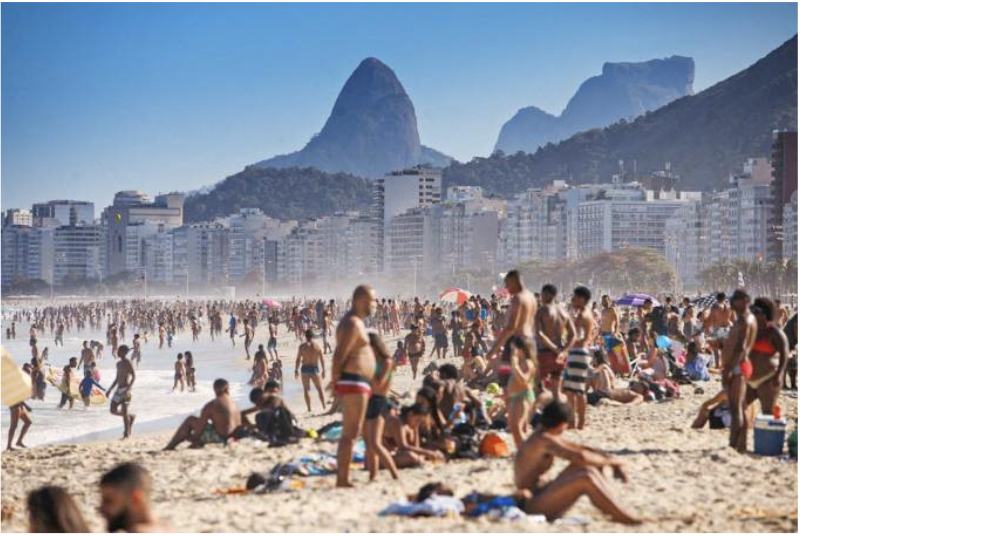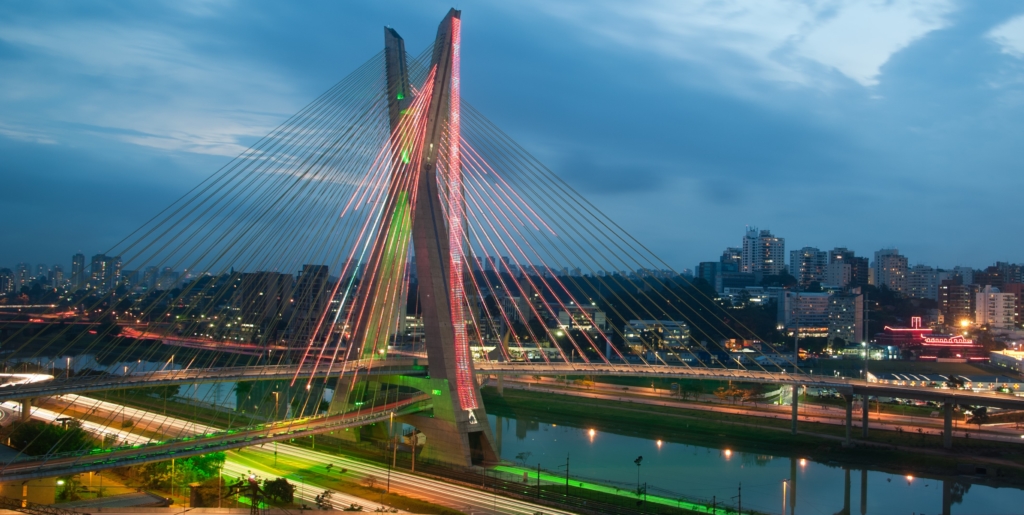Joining an Unpopular Club
On June 20, 2020, Brazil surpassed 1 million coronavirus cases, becoming members of a club nobody wants to join. By July 16, the number of cases doubled. Currently, we have more confirmed cases than any country except the US, which has five times the population. Like the US, we haven’t flattened the curve.
Brazil was the world’s seventh largest economy when recession hit us in mid-2014. In 2016, we impeached our last president partially due to poor economic conditions. We were down to the ninth place by 2019. Heading into 2020, however, growth was finally accelerating and businesses were optimistic. When COVID-19 hit, small- and medium-size businesses across Brazil protested to avoid lockdown.
Prioritizing Economy Over COVID-19

President Bolsonaro avoids measures that could hurt business or the economy. He thinks we should isolate only the elderly and high-risk groups. This way, we can keep the country open. He says we’ll all be infected sooner or later, and that COVID-19 is a “little flu” for most people.
Like many Brazilians, Bolsonaro fears the economic impacts could be worse than the virus. He publicly criticized state governors and mayors who closed businesses, schools, and public spaces. He urged them to roll back lockdown measures during a televised national address on March 24th.
On May 12, Brazil’s confirmed coronavirus cases surpassed Germany after Bolsonaro reopened gyms and beauty parlors. We overtook Britain on May 18 and Russia on May 22. We’ve been second to the US ever since.
Per capita, our coronavirus case numbers and deaths are similar to the US but they’re testing more aggressively. As a result, many (including the Brazilian Report) believe Brazil’s statistics are understated.
The severity of COVID-19 here has many causes. Foreigners blame the president. In May, The Lancet (a British medical journal) said Bolsonaro blocked us from containing virus. He is often in public without a mask. He even shakes hands and takes pictures with supporters. A judge ordered him to wear a mask in public on June 23. This was later revoked, so his mask-wearing was short-lived.
On July 7, Bolsonaro tested positive for coronavirus. This hasn’t changed his views at all. He continues to tell Brazilians we’ll all be infected. In his view, we shouldn’t fear death since we’ll all die eventually. He says he isn’t afraid, even though he’s 65 years old.
Local COVID-19 Restrictions Not Enforced

I live in the São Paulo state countryside. This is a 3 hour drive from São Paulo city, the Americas’ most populous city. Although our president imposed no national restrictions, São Paulo’s governor quarantined the entire state by mid-March. This was only one week after Spain did. At the time, we had 459 cases and 15 deaths.
Locally, our governor requires everybody to wear masks in public. Fines us are up to 30% of the monthly minimum wage. Nobody I know has been fined and roughly 30% of people I see aren’t wearing masks. As a result, São Paulo state now has 730,000 confirmed cases. This is 20% of Brazil’s total cases.
In Rio de Janeiro, a neighbor state, people still pack beaches. These are theoretically closed. On July 25, 100+ Rio police officers told beachgoers to leave. They didn’t fine people and behavior hasn’t changed. Deaths per capita are already 50% higher in Rio that São Paulo
I wear masks and social distance, as does my wife and family. We’re weary of quarantine like everybody else. It’s frustrating to see people acting as if nothing has changed. It’s also sad to watch politicians not fight coronavirus aggressively enough.
Working From Home
When COVID-19 hit, my family and work-life didn’t change much, at least initially, even though we followed all precautions. My colleague Cristina lives in Italy’s epicenter, so we knew how bad things could get. As a result, we quarantined quite strictly. There were very few cases near me so we still felt safe visiting my parents once a month. We stopped recently when cases spiked. This is still better than my colleagues Roman in Ukraine and Krishian in the Philippines. They haven’t seen their families at all.
The pandemic didn’t change my work life either. I’ve been working remotely at Razorhorse for the last year and a half. I’ve always enjoyed the freedom to make my own hours and work from anywhere. My friends, however, are new to the work from home lifestyle. For them it’s an adjustment. This adds to their stress. Most of their bosses have no experience with remote work either and are micromanaging them.
A Quieter Life during COVID-19

In contrast, my personal life has changed significantly. I exercise outdoors now, even though 90% of my personal trainer’s clients still use the gym. We haven’t seen our friends since March. Others, including our neighbors, still party and barbecue every weekend. In contrast, we’ve been cooking our favorite meals instead going out. On Valentine’s Day (in June here), my wife prepared a beautiful meal in our home.
It was hard to decide whether to keep our maids. For much of Brazil’s middle-class, maids are an important part of the family. The elderly haven’t used their maids since the pandemic began. They are still paying them. Families with kids brought their maids back. It was too hard to provide full-time childcare while working full-time. We decided to keep ours on during the pandemic. She social distances and doesn’t use public transportation. She does things for us that many couples argue about. During quarantine, we value this even more.
Looking Forward Post-Pandemic
Luckily, Brazil has a strong healthcare system. Even after 3.5 million infections, ICU beds remain available in most hospitals. The pace of new cases hasn’t slowed though. There seems to be no end in sight. Despite this, the public is fatigued from months of isolation. Most want the economy to reopen.
Governors and mayors have begun lifting restrictions on commerce and other economic activity. Most shopping malls have reopened nationwide, but sales are down 90% from pre-pandemic levels. Analysts forecast six to eight percent economic contraction this year and millions of lost jobs. The government has introduced temporary payments to poor families and released credit lines to assist businesses. Still, many Brazilians will be thrown into poverty. Many businesses will be wiped out. Violence will likely rise.
Life won’t get back to normal until a medicine or vaccine makes people feel safe again. I don’t know when that will be. I’m looking forward to meeting family and friends safely and traveling to a sunny beach!

